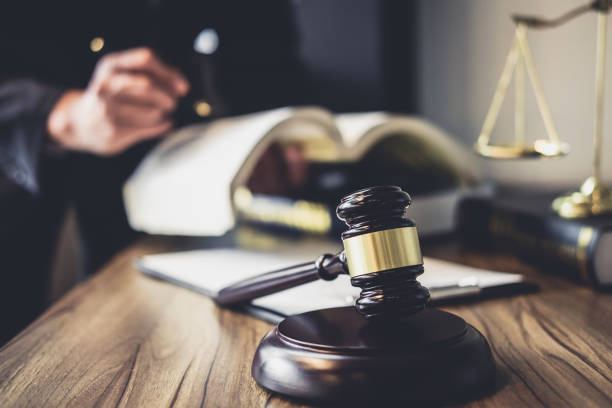

In one of the most important and hotely contested dedions of the last 20 years, the Supreme Court recently upheld a Maryland law that allows officials to take DNA without a warrant from people who have been arrested, but not convicted of a crime.
The law already allows the police to mug and print a person who is arrested so this was considered a minor intrusion similar to fingerprinting as all they do is swab the person’s ckeek to collect their DNA. This is called a bucco swab and it is routinely done, either by consent or by a warrant signed by a judge.
Those who oppose this procedure argue that it is too intrusive and only those who are convicted of serious crimes should have to be subjected to such a procedure.
The dissent argues that “solving unsolved crimes” is a noble objective, but it “occupies a lower place in the American pantheon of noble objectives than the protection of our people from suspicionless law-enforcement searches.”





